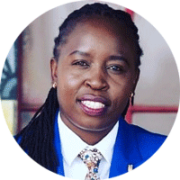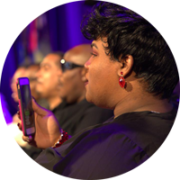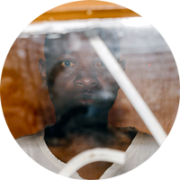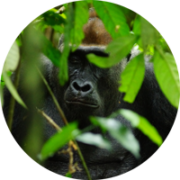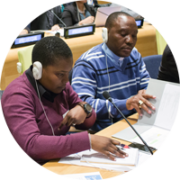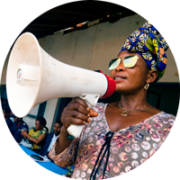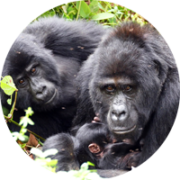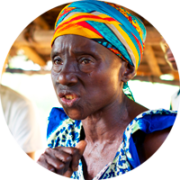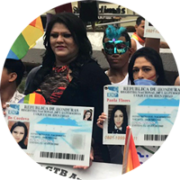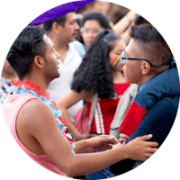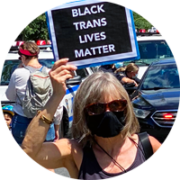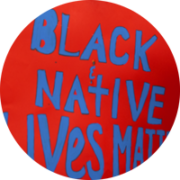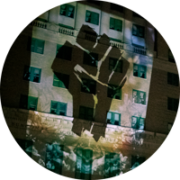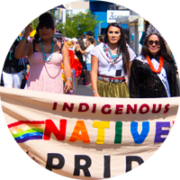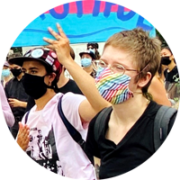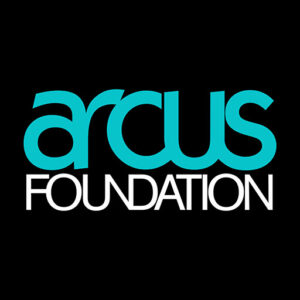The reality of COVID-19 hit me when the first case was reported in Kenya on March 12, 2020. This is when I realized that the way we carry out our activities was about to change. The Initiative for Equality and Non-Discrimination (INEND) had planned a sensitisation workshop with service providers; there was also a planned East African collective meeting scheduled for March 17 to 19, which were both cancelled. The cancellation of these two activities within a span of two days was a clear indication that the way we carry out our advocacy work had taken an unexpected turn.
INEND’s major priority is public education on the human rights of sexual and gender minorities. This is done through sensitisation workshops and online campaigns, and these campaigns mainly target known perpetrators of violence towards sexual and gender minorities.
At INEND, the first step was to stop all activities and observe the trend, as we moved most of the work online. (Unfortunately not all of INEND’s advocacy work can be moved online.) The staff of INEND also took time off work to deal with the pressure of expectations from partners regarding the question, “what next?” Yet, this was the first time everyone in our generation was dealing with such a pandemic, and no one had an answer. Still, everyone’s question was, “So what are INEND’s plans?” This pandemic has also made me realize that it is ok not to have an answer and not be sure of anything. Addressing violence towards LGBT people has and will always remain a priority for INEND; however, the strategies on how to address these violations will have to be thought through and reviewed. With tough economic times, the priority for most LGBT organisations is to offer members of the LGBT community humanitarian support, including but not limited to housing, food, and social structures, as these have also been affected. We should not forget that during this pandemic we are seeing more intimate partner violence, and violence within the family settings, leading to homelessness as families are finding out about their kin’s sexualities or gender identities. We are seeing a rise in STI infections amongst gay men and men who have sex with men, and challenges in accessing sexual reproductive health services, as movements have been restricted due to fear of contracting COVID-19 within the health facilities.
These reports clearly indicate that it is still important to advance the human rights of sexual and gender minorities, as the context in which we continue to exist does not change. The state and non-state actors will continue to criminalise same-sex sexual acts, and that has to be challenged. LBQ organising in Kenya was starting to pick up, after the first Kenyan LBQ leaders meeting took place in Naivasha, Kenya, to find ways in which the leaders and organisations can collaborate when it comes to LBQ organising. It is unfortunate that everything has been pushed aside to focus on COVID-19, but what we need to do is find ways of integrating a COVID-19 response in our advocacy strategies and organising, at least for the next two years. The funding support most implementing partners get will have to be doubled to address the humanitarian needs that arise from COVID-19 to both LGBT individuals and to the society where organisations operate. This means timelines become longer, owing to the small number of participants who can be in one place or room at a given time. The patriarchy is glaring its face as we continue to witness an increase in gender-based violence. With each passing day, the police brutality during this pandemic has shown us that more work needs to be done.
The social justice movement has continued to push for better conditions and non-discriminatory policies in every section, in intersectionalties, and through partnerships. These collaborations will help us achieve more change than we would going it alone. ▅

